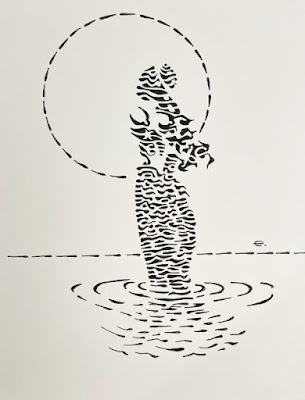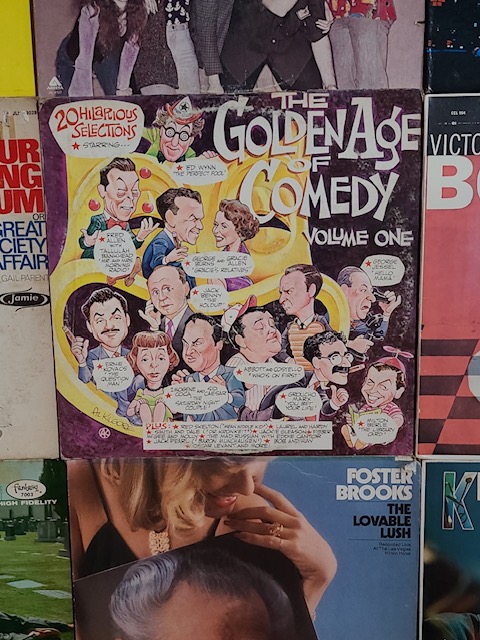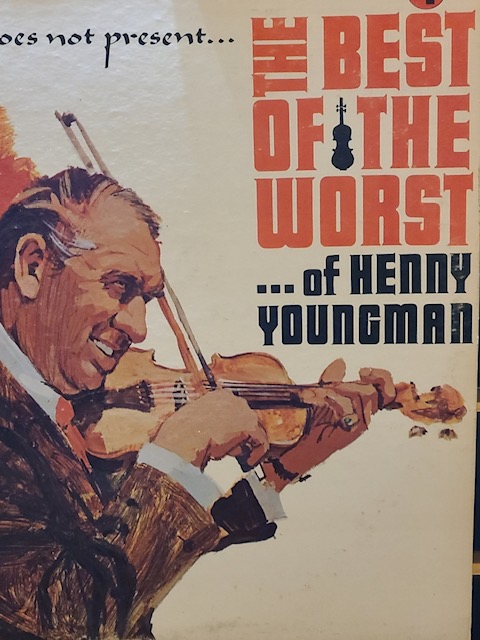There are so many interesting stories in the world. Rod Stewart once sang “Every picture tells a story, don’t it.” I think the same can be said for places. Places have many stories. One such place with lots of stories for music fans is Storyteller’s Hideaway Farm and Museum, just west of Nashville off Highway 40 in Bon Aqua, TN. This is where Johnny Cash used to go to escape from public life.
The Storytellers Museum features memorabilia, artifacts, and stories from classic country music history with a distinct focus on Johnny Cash, Elvis Presley and Colonel Tom Parker, as well as producer Red Wortham. The stories and storied lives don't stop there.
The Hideaway Farm is a 107-acre property that Johnny Cash owned for 33 years and called the center of his universe. It features a 200-year-old Farmhouse, with an intimate collection of family photos, memorabilia, and footage of Johnny Cash at the property, as well as stories from his family. The famous One-Piece-At-A-Time Cadillac, created from Johnny’s own song of the same name, is also on display.
 |
| Johnny's One-Piece-At-A-Time Cadillac. All color photos on this page courtesy Gary Firstenberg |
The couple responsible for renovating this place, preserving history and sharing it is Brian and Sally Oxley. In June I spoke with Brian Oxley and learned a little about the project he and his wife have undertaken.
When I asked how he came to take such an interest in these properties of Johnny Cash he replied, “I had a friend in Illinois… I was visiting in his office and he had a series of paintings of people who he respected the most. He had one of Johnny Cash…. And I asked, ‘Who is that?' He then began to tell me his story.”
If you’re surprised that Brian Oxley was unfamiliar with who Johnny Cash was, it’s helpful to know his background. Oxley grew up in Japan, the son of missionaries there. When his parents retired they chose Nashville as a place to settle.
 Oxley became intrigued by the Johnny Cash story and the more he learned, the more fascinated he became. “I found Johnny Cash’s parents’ home. They were across the street from Johnny’s house that had burned down,” Oxley explained. “It was on the market, so I bought it, and renovated it to the original form.”
Oxley became intrigued by the Johnny Cash story and the more he learned, the more fascinated he became. “I found Johnny Cash’s parents’ home. They were across the street from Johnny’s house that had burned down,” Oxley explained. “It was on the market, so I bought it, and renovated it to the original form.”
Being from Duluth I couldn’t help but think of collector/archivist Bill Pagel’s ongoing efforts to restore Bob Dylan’s boyhood homes to their original form.
 |
| The Colonel and Elvis |
As Oxley became aware of properties related to this story he purchased them. The Mama Cash house was the last home Johnny and June stayed in before June died. They were there because Johnny wasn’t doing well. They were in the process of installing an elevator in his house across the street.
At a certain point in time Oxley found the VHS tape that became Seeing Red. It’s possible that Elvis might never have been discovered were it not for Red Wortham. That story is shared here.
The Oxleys are well aware that timing is everything. One day Brian Oxley heard that Colonel Parker’s place was going to be torn down to become a car wash. “I stepped in and we acquired the rights to dismantle it,” he said. He now displays the wall behind the desk where Elvis and the Colonel did their deal. “I dismantled the wall where Elvis and Col. Parker shook hands.”
 |
| Johnny's favorite chair. |
In June the Oxley’s got word that there is a movement in Holland to bring the Colonel back. “They want to build a monument. I have the house and tons of pictures. He (Colonel Parker) was an illegal alien.”
Restorations of this magnitude clearly require capital. Though primarily the Oxley’s own money has been invested, he has also been assisted a friend from Taiwan whose mother was a famous classical dancer. While other people were telling Oxley that he was out of his mind, this friend said, “Go for it.”
“The stuff I do, you can’t go to normal business people. There was no assurance it would ever make money,” Oxley continued. “I’m a storyteller. When people come in they are closer to Elvis with his head on the wall than anywhere on the wall. The original gates from the Colonel’s place were duplicated at Graceland.”
The Oxley's motivation has all along been to preserve music history. And we're all being enriched by it.
STORYTELLERS HIDEAWAY FARM AND MUSEUM
9676 OLD HIGHWAY 46, BON AQUA, TN, 37025
(931) 996-4336
https://www.storytellershideawayfarm.com/
Music Based Tourism Links
The Case For Celebrating Bob Dylan’s Home Town
Music Based Tourism and Placemaking in Dylan’s Northland


































